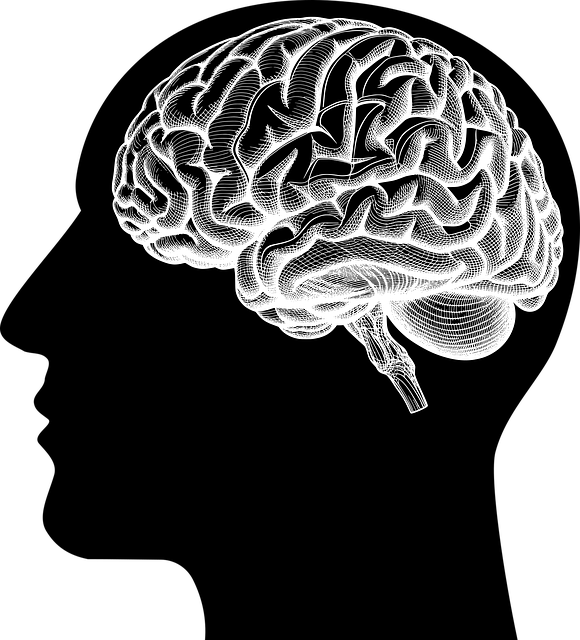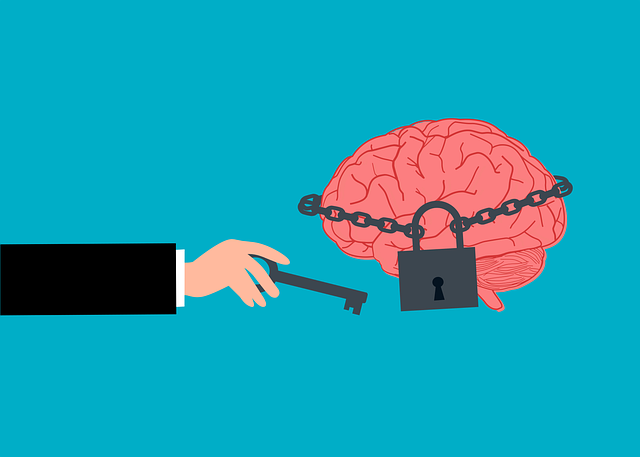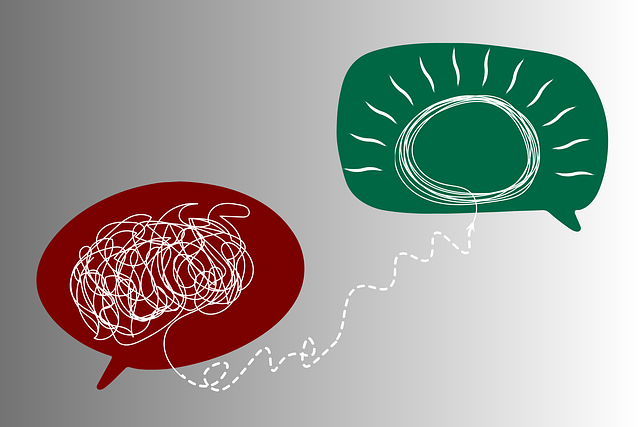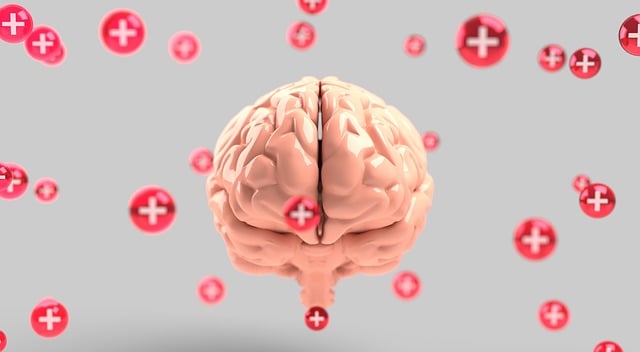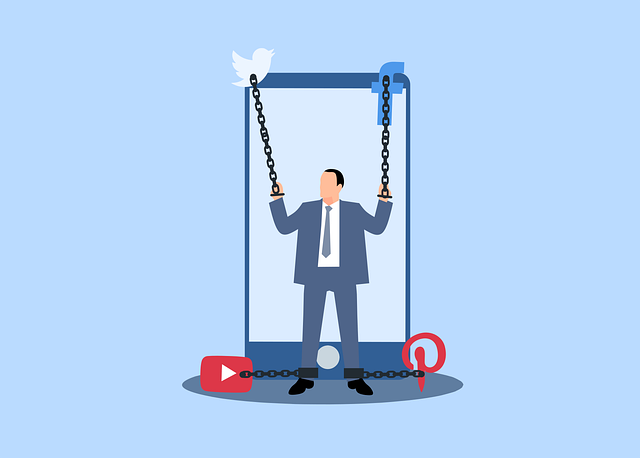Emotional Intelligence (EI) is a powerful tool for navigating mental health challenges, especially phobias. Therapy for Adults with Phobias incorporates EI strategies like CBT and exposure therapy to help individuals manage fear and anxiety. Building EI through self-awareness, empathy, and emotional regulation techniques enhances mental wellness, fosters resilience, and strengthens connections. Mental health education and coaching programs utilize these methods to empower people, improve their quality of life, and reduce stress.
Emotional intelligence (EQ) is a powerful tool for enhancing mental health and overall well-being. In this article, we explore various aspects of EQ development, including its impact on mental health, strategies for overcoming adult phobias through therapy, the role of self-awareness, fostering empathy, and techniques for emotional regulation. By understanding these key components, individuals can embark on a journey towards better managing their emotions and connecting more deeply with others—a game-changer in today’s bustling world. Additionally, we delve into how addressing adult phobias through specific therapy methods contributes to significant EQ growth.
- Understanding Emotional Intelligence and its Impact on Mental Health
- Identifying and Overcoming Adult Phobias: A Journey Towards EQ Growth
- The Role of Self-Awareness in Building Emotional Intelligence
- Developing Empathy: Connecting with Others Through Emotional Understanding
- Strategies for Enhancing Emotional Regulation Skills
Understanding Emotional Intelligence and its Impact on Mental Health

Emotional intelligence (EI) refers to one’s ability to recognize, understand, and manage their own emotions, as well as perceive, interpret, and respond appropriately to the emotions of others. This crucial skillset goes beyond mere empathy; it empowers individuals to navigate complex interpersonal interactions with grace and understanding. In today’s fast-paced world, where stress and anxiety are prevalent, cultivating emotional intelligence can significantly contribute to maintaining mental health and overall well-being.
Research highlights that EI plays a pivotal role in mitigating the impact of phobias and other mental health concerns. Effective therapy for adults with phobias often incorporates strategies that enhance emotional intelligence. Mental health education programs designed around EI can equip individuals with valuable tools to manage fear, reduce anxiety, and improve their quality of life. Simple practices like mental wellness journaling exercises guided by a professional can help individuals gain insights into their emotions, fostering self-awareness and personal growth. Additionally, crisis intervention guidance centered on emotional intelligence can provide much-needed support during challenging times, empowering individuals to navigate crises with resilience and adaptability.
Identifying and Overcoming Adult Phobias: A Journey Towards EQ Growth

Many adults carry profound phobias that stem from past traumatic experiences, limiting their emotional intelligence (EQ) growth and overall well-being. Identifying and overcoming these fears is a transformative journey that can significantly enhance EQ. Therapy for adult phobias plays a pivotal role in this process, utilizing evidence-based techniques tailored to each individual’s unique needs.
Professional mental health education programs design therapeutic approaches centered around the mind over matter principles. Through cognitive-behavioral therapy (CBT), exposure therapy, and other innovative practices, individuals learn to confront their fears, challenge negative thought patterns, and develop healthier coping mechanisms. Stress management techniques become integral tools in this process, empowering people to regulate their emotions more effectively and build resilience.
The Role of Self-Awareness in Building Emotional Intelligence

Emotional intelligence building begins with a profound sense of self-awareness, a cornerstone in therapy for adults phobias and mental health awareness in general. Understanding your emotions, where they come from, and how they impact your thoughts and behaviors is essential for developing emotional intelligence. This involves recognizing both positive and negative feelings, accepting them without judgment, and accurately interpreting their meaning. Through introspection, individuals can gain insights into their triggers, patterns, and responses, enabling them to make more thoughtful decisions and effectively manage their emotional reactions.
Self-awareness fosters the development of a robust self-care routine for better mental health, which is integral to many mental health education programs designed to empower individuals. By acknowledging their emotional needs, people can prioritize their well-being, engage in activities that nurture positive emotions, and cultivate resilience in navigating life’s challenges. This proactive approach not only enhances overall mental health but also strengthens the foundation of emotional intelligence, leading to more meaningful connections with others.
Developing Empathy: Connecting with Others Through Emotional Understanding

Developing empathy is a cornerstone of emotional intelligence building, allowing individuals to connect with others on a deeper level by understanding and sharing their feelings. This skill is cultivated through active listening, where one pays close attention not just to words but also to non-verbal cues and emotional tones. By practicing this, we train our brains to recognize and interpret a wide array of emotions, fostering more meaningful interactions.
In the context of therapy for adults with phobias or other mental health challenges, empathy plays a pivotal role in building trust between the therapist and client. Mental wellness coaching programs often emphasize self-care routine development for better mental health, where empathy helps individuals feel heard, validated, and supported during stressful times. Stress management workshops organized by various institutions also leverage empathy to create safe spaces where participants can openly discuss their struggles, thereby enhancing collective emotional intelligence and overall well-being.
Strategies for Enhancing Emotional Regulation Skills

Developing emotional regulation skills is a powerful tool for anyone seeking to enhance their mental wellness. This involves recognizing and understanding one’s emotions, as well as managing them in healthy ways. For individuals dealing with phobias, this process can be transformative. Therapy for adults with phobias often incorporates techniques like mindfulness meditation and cognitive-behavioral therapy (CBT) to help clients confront and overcome their fears. These strategies encourage individuals to observe their emotional reactions without judgment, allowing them to gain control and make conscious choices about how they respond.
Incorporating practices such as deep breathing exercises, journaling, or engaging in a Mental Wellness Podcast Series Production can further aid in self-regulation. Building self-esteem and cultivating positive thinking are also integral aspects of this process. By implementing these techniques, individuals can better navigate their emotions, leading to improved relationships and an overall higher quality of life.
Emotional intelligence, a cornerstone of mental wellness, can be cultivated through self-awareness, empathy, and emotional regulation. By understanding and overcoming adult phobias with therapy, individuals embark on a journey of personal growth, enhancing their connections with others and navigating life’s challenges more effectively. These strategies, combined with a deep sense of self-awareness, foster a more balanced and fulfilling life.


